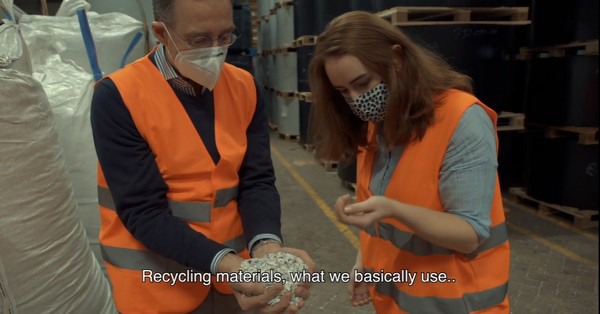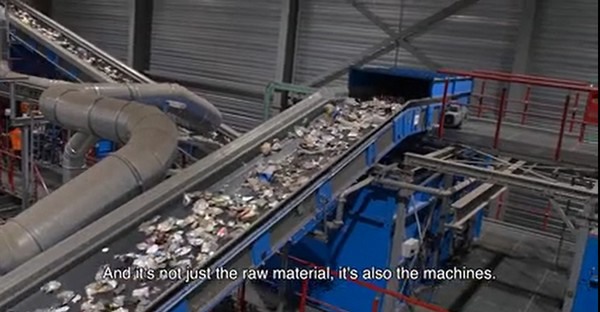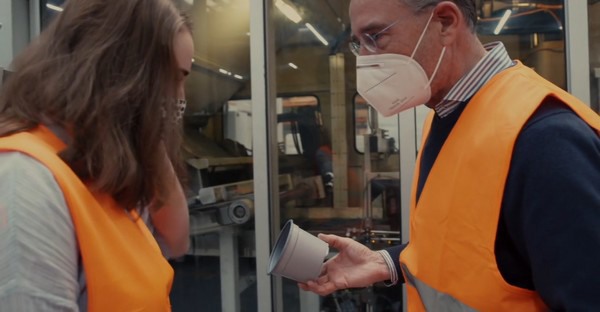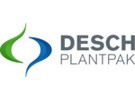How was the past 1,5 year for Desch Plantpak? In an interview, Wouter Zieck, Sales Director, tells about the exciting period, full of challenges. Indeed, the biggest one was the availability of raw materials. On top of that, demand has reached all-time highs, there is no stock, and lead times are longer. Upscaling is a challenge because lead time on machines is longer too. This is what the global industry is dealing with, at the moment. In this 6 minute video below, Zieck elaborates on that and gives a peek into the Desch factory.
No stock
Zieck explains that the demand right after COVID was lower than before. "Then, all of a sudden, everybody started to buy big quantities of their product, which led to actually an overdemand, more than we could deal with. Normally, we work from stock and fulfill our orders directly from that. Yet, the demand had quickly outpaced the supply, and we couldn't fill up our inventory in time. So, we are more and more producing directly for all our sales, which is really a challenge, because we have a limited number of machines, and we have a huge variety of tools."

Limited availability of raw materials
Demand is at an all-time high, but the availability of (raw) materials is limited. "The world has changed a lot in the past year and a half-two years. Material is the basic challenge that we have right now. 95% of our products are based on recycled materials, which are getting more and more difficult to obtain. One of the reasons for that is that an increasing number of industries has started using recycled materials instead of new, prime material. Thing is, there wasn't much supply of that, especially in 2020. So, they had to look elsewhere, for different types of products. They found recycled products as a possible solution. Now, they got used to that, so we don't expect to go back to buying all the good recycled materials."
Longer lead times
So, are they still able to deliver everything on time? "No, we are not, unfortunately. What we see happening in the marketplace is that those are always ordered at the latest moment. Dutch growers used to order and get the delivery the day after. Now, they need to order half a year in advance to get the product. Yet, there's still a question: are we really able to do this?"
"And it’s not just Desch. It's the whole industry, all our competitors as well. They are being faced with the same challenges right now. And it's not just the raw material, it's also the machines. If you want to scale up to answer to the increased quantities of the market, you buy a new machine, that machine has a lead time. The lead time can be anywhere from half a year, to a year depending on what you order. And we see that the lead times are being stretched based on: the difficulty in sourcing the metal and the electronics to build them, and so on."

Up-scaling
They try to scale up by sourcing new materials (new as in recycled materials) everywhere and they try to buy additional machines, explains Zieck. "Regarding the new machines, either they don’t come, or they come later. They have such a knock-on effect on our production schedules, our production planning, and thus on our supply."

Is there a silver lining in all of this?
"Of course, there is a silver lining to it", he says. "The demand is good, and we are in a new situation right now when it comes to sourcing materials. We have found new sources in the market."
"Furthermore, we used to do a lot of black pots, which could not be recognized in the sorting of recycling units. Now we use the Detectable material in the recover pots, which can be recognized as such. We can get the materials back to make new products out of them.

Voor meer informatie:
Desch Plantpak
desch.nl
